Angie's List and NextDoor's Favorite: 2017 -2024
Tackling Post-Shower Itch: Unveiling the Benefits of Water Softeners
Hard water can turn a refreshing shower into a skin-itching nightmare. But fear not. The antidote to this less-than-ideal situation can be found in water softeners, a remarkable solution that can turn your hard-water woes around. In this article, we'll dive deep into the world of hard water - what it is, why it can be problematic, and how water softeners can be your saving grace, transforming your water and your overall shower experience.
Why does hard water leave you itchy after a shower?
Hard water is water that contains high levels of minerals such as calcium and magnesium. When you shower in hard water, these minerals can strip your skin of its natural oils. This process, known as "demineralization," can lead to dryness and inflammation, culminating in an itchy and uncomfortable post-shower experience. Furthermore, hard water may not fully rinse soap from your skin, leaving a residue that can clog pores and exacerbate the itching.
Over time, the protective barrier of your skin gradually weakens, leading to an imbalance in its pH levels. pH measures acidity or alkalinity on a scale of 0 to 14, with seven being neutral. Our skin naturally maintains a slightly acidic pH of around 5.5, which plays a vital role in preventing the growth of harmful bacteria and supporting the skin's barrier function.
However, the mineral content in hard water renders it alkaline. Washing your skin with hard water can disrupt its natural pH balance by increasing its alkalinity. This disruption in skin pH can give rise to various skin issues, including dryness, irritation, acne, and premature aging.
What are some common problems related to hard water?
Aside from causing skin irritation and dryness, hard water can also have several other negative effects on your daily life. Here are some of the most common problems related to hard water:
- Stains and buildup on dishes, faucets, and shower walls: The minerals in hard water can leave behind unsightly stains on your dishes, sinks, and shower walls. It's especially noticeable on glass surfaces, where it can leave a cloudy film.
- Damaged hair: The minerals in hard water can also cause buildup on your scalp and hair, making it appear dull, dry, and frizzy. Over time, this buildup can weaken the hair and lead to breakage.
- Decreased efficiency of household appliances: Hard water can also damage your household appliances, such as your washing machine, dishwasher, and water heater. The mineral buildup can cause them to work less efficiently and potentially shorten their lifespan.
How do you know if you have hard or soft water?
If you're uncertain about whether you have hard water, there are a few unmistakable signs to watch out for. Hard water often leaves behind mineral deposits or limescale buildup on faucets, showerheads, and other surfaces that regularly come into contact with water. Additionally, you may notice soap scum on bathing products or a lack of lather when washing your hands or hair. Alternatively, you can consider purchasing a water test kit to determine the presence of hard water.
How does the water softener help your skin?
Water softeners work by removing the excess minerals in hard water and replacing them with sodium ions. This process, known as "ion exchange," effectively changes the composition of the water, making it softer and gentler on your skin.
Water softeners utilize various methods; let's explore different options.
Salt-based water softeners
Salt-based water softeners are the most common type of water softening systems used in households. These systems use an ion exchange process to remove hard minerals such as calcium and magnesium from water, replacing them with sodium ions.
One of the benefits of salt-based water softeners is their effectiveness in producing softened water. They can remove up to 99% of the hard minerals present in water, resulting in significantly reduced scale buildup in appliances and pipes. This ultimately leads to longer appliance lifespan, lower maintenance costs, and improved energy efficiency.
However, the use of salt-based water softeners has been a topic of debate due to its impact on the environment. The backwash from these systems contains high levels of salt that can be harmful to plants, animals, and even humans if consumed in excessive amounts. Additionally, the discharge of this brine solution into sewage or septic systems can also cause harm to the environment.
Salt-free water softeners
As an alternative to salt-based water softeners, salt-free systems use a process called template-assisted crystallization (TAC) to neutralize hard minerals. This method does not remove the minerals but converts them into crystals that are unable to adhere to surfaces.
One of the main advantages of salt-free water softeners is their environmental friendliness. They do not add any chemicals or salt into the water, making them a safer option for households with children or pets. Furthermore, they do not require electricity to function, resulting in lower energy costs and less environmental impact.
Water softener alternative
Flow-Tech is not just another water softener; it's a revolutionary salt-free alternative. Unlike other physical water treatment systems on the market, Flow-Tech Home's cutting-edge technology is exceptionally effective. It not only prevents limescale buildup in your home but also eliminates existing deposits, improving flow and efficiency. The unique induction method of the Flow-Tech system treats all the water in your home around the clock. By pulsing a low-frequency signal thousands of times per second, this electromagnetic treatment reverses the charge on dissolved minerals in the water. Experience the difference with Flow-Tech and enjoy the benefits of a truly advanced water treatment solution.
In conclusion, the negative effects of hard water on our skin, hair, appliances, and daily life are undeniable. While traditional methods such as salt-based and salt-free water softeners offer some relief, they come with their own set of challenges, including environmental impact and maintenance costs. However, innovative solutions like Flow-Tech provide an effective and efficient alternative for water treatment. Its groundbreaking technology not only combats the issues associated with hard water but also eliminates previous limescale buildup, enhancing both the quality of your water and your quality of life. The importance of curbing the impact of hard water cannot be understated, and with modern advances, achieving this goal is now more attainable than ever. If you're dealing with hard water and searching for a solution, don't hesitate to reach out to Duncan Plumbing. We have the answers to your hard water concerns and can provide the assistance you need.
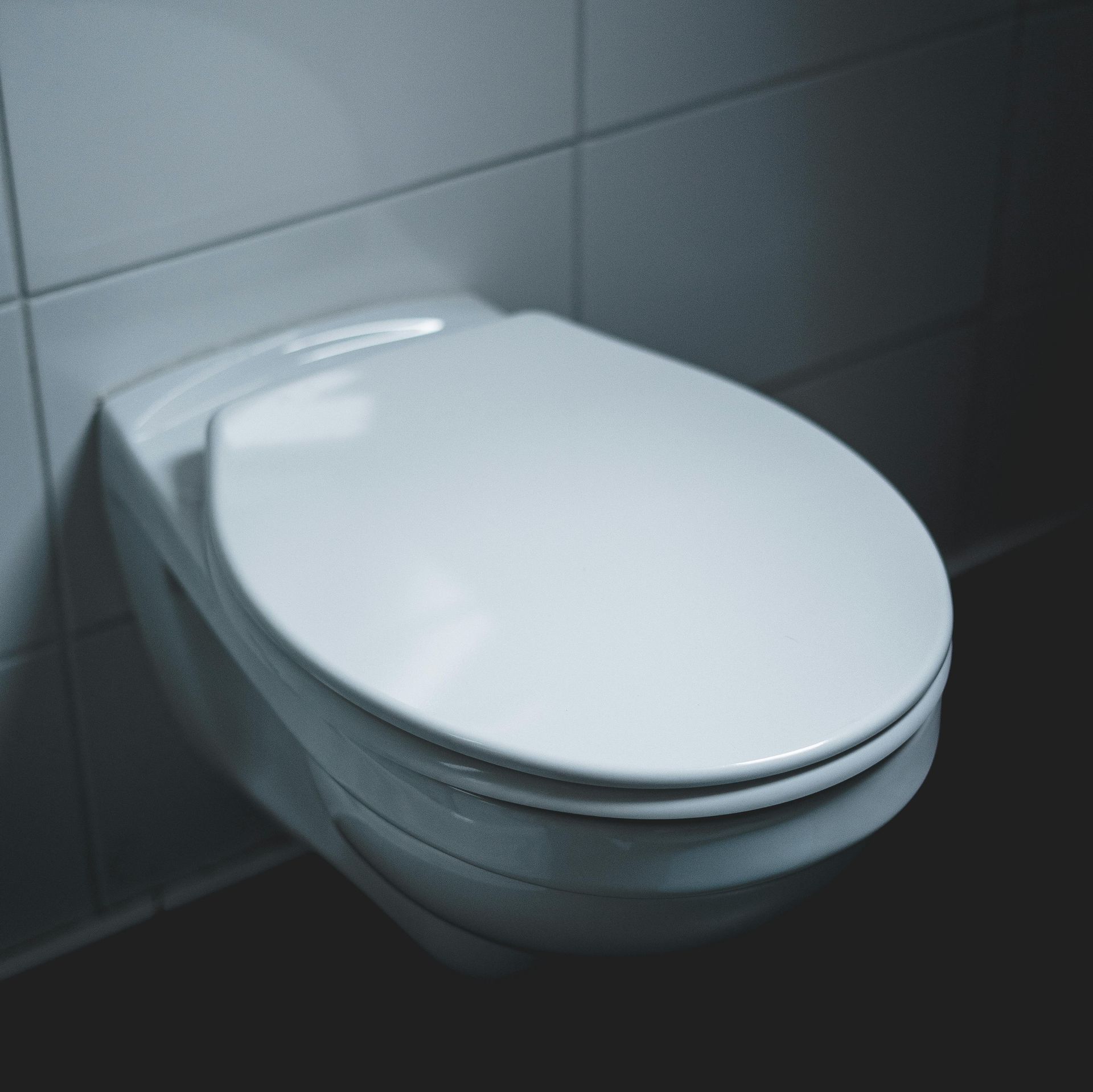
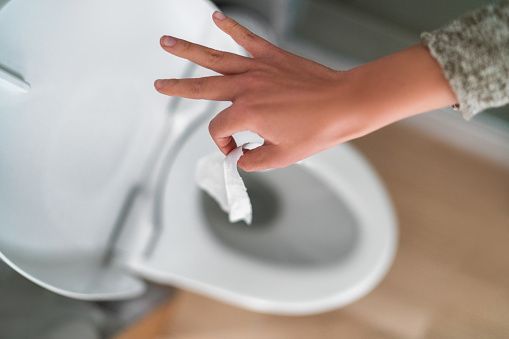
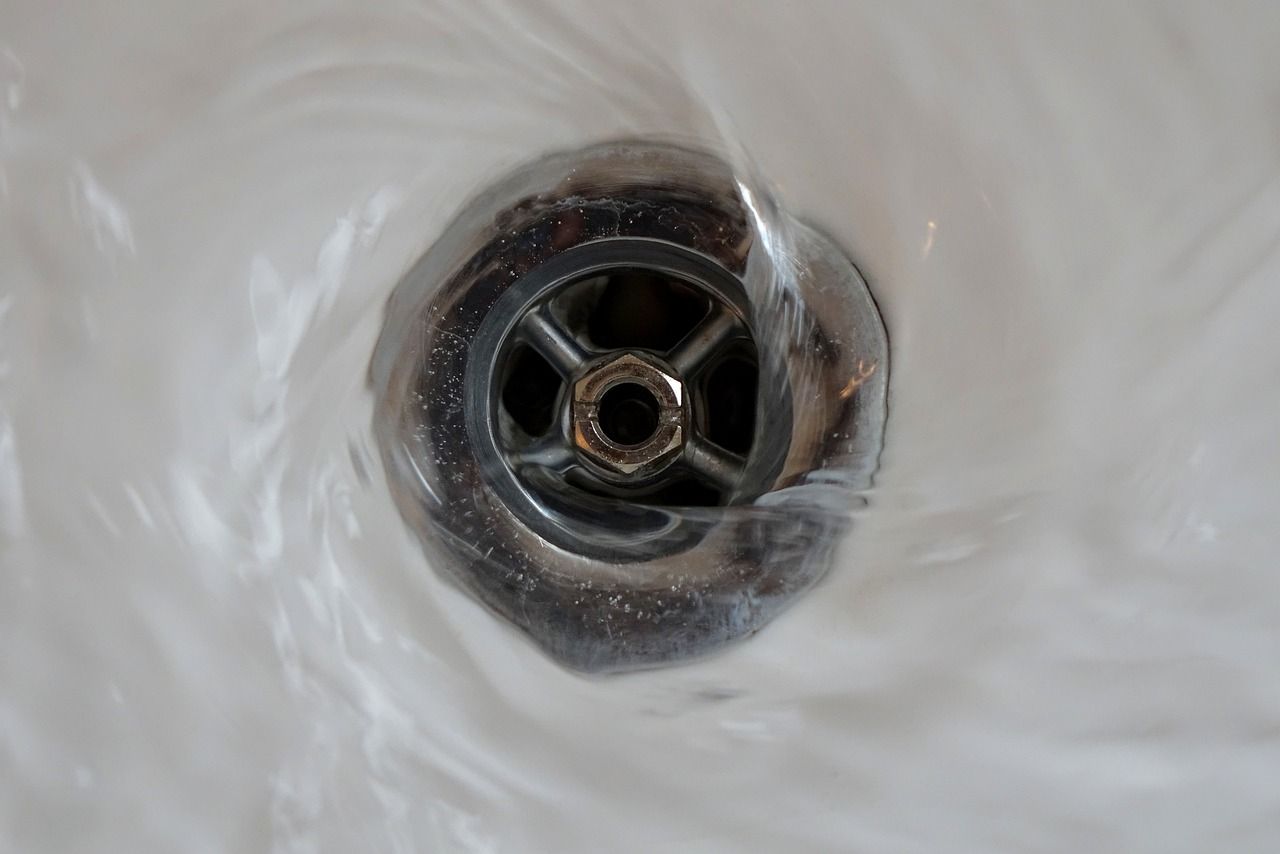
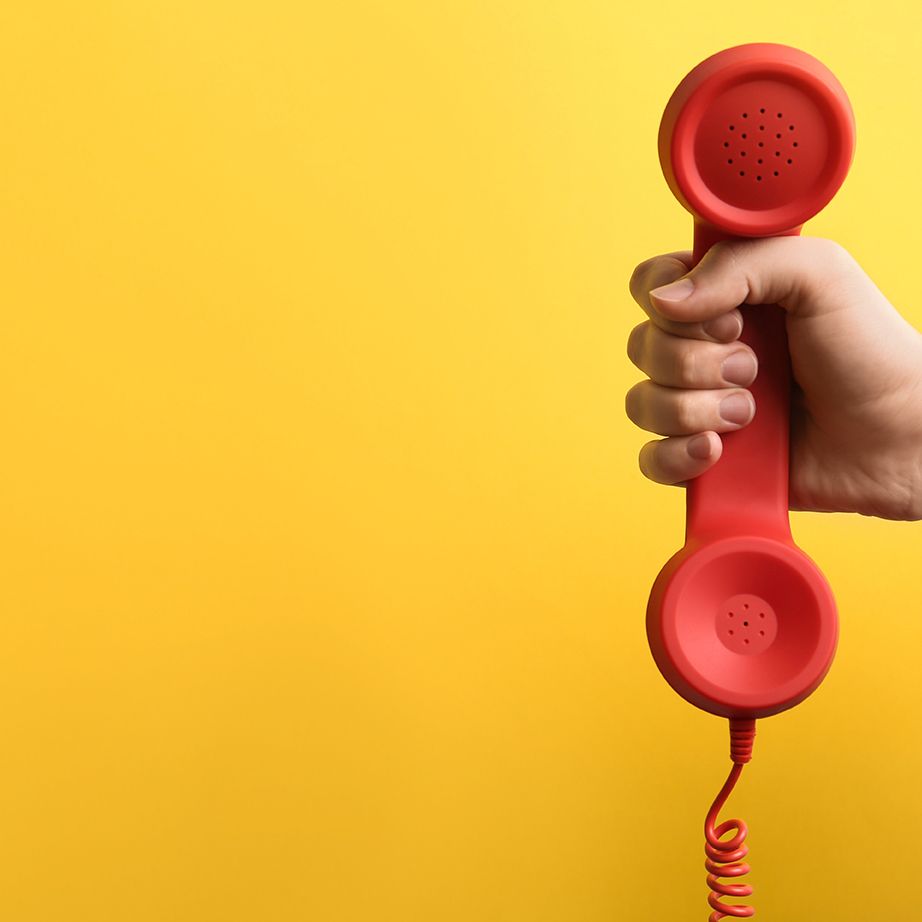
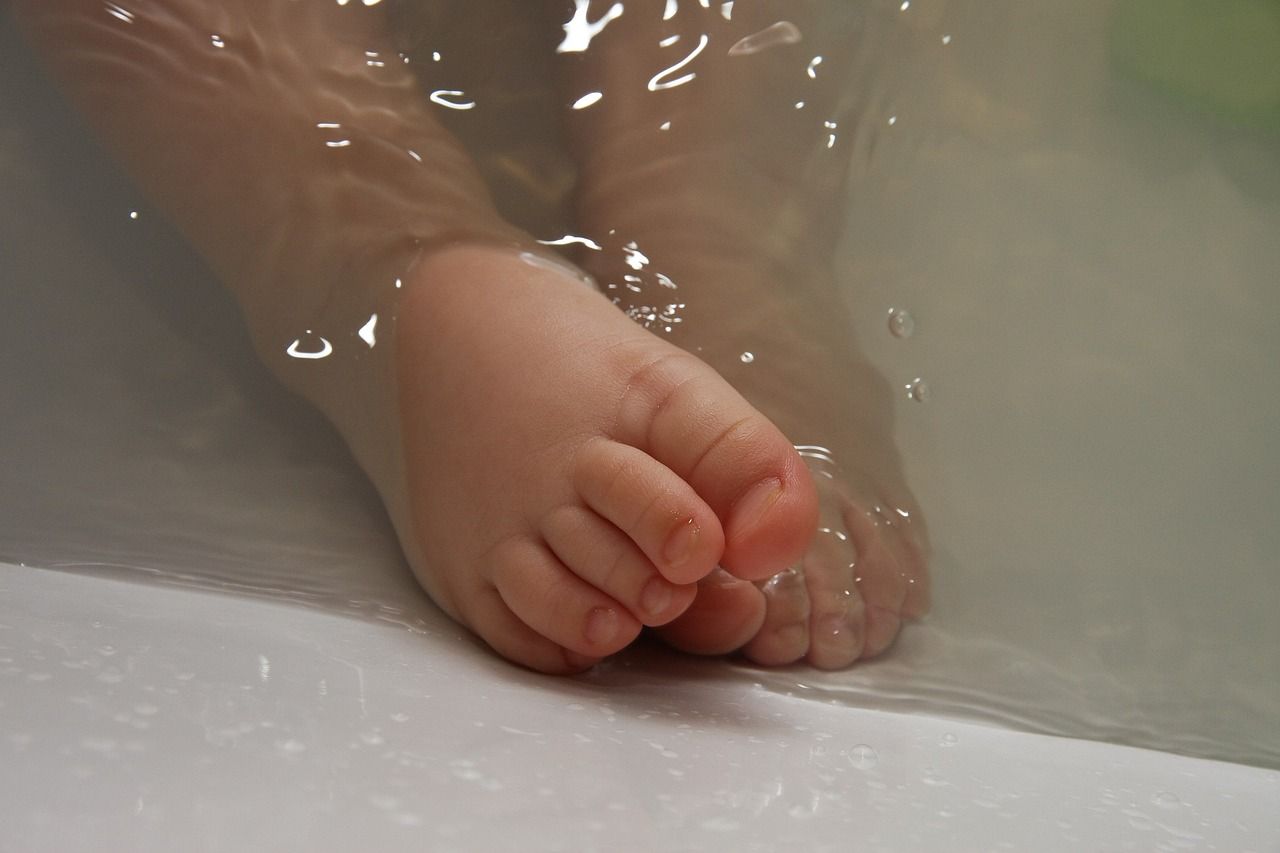

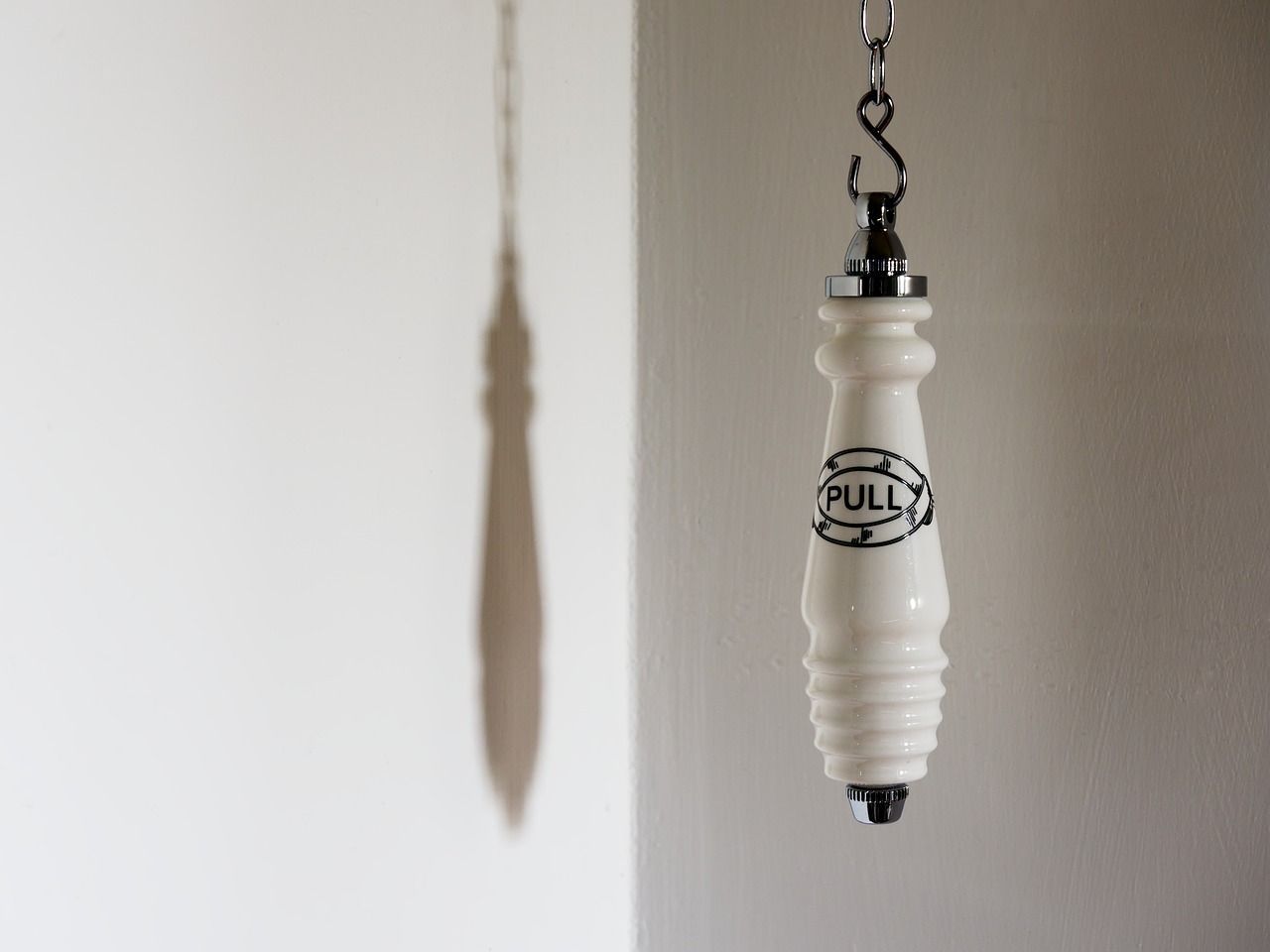
SERVING
and Surrounding Areas

HOURS
Hours:

CONTACT US
Master License # M-39624
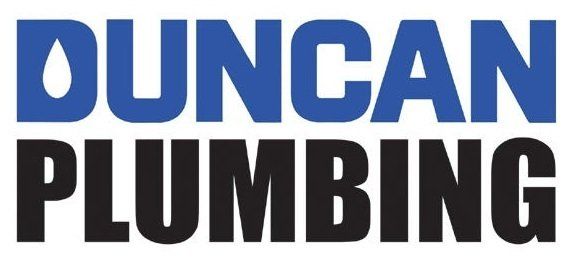

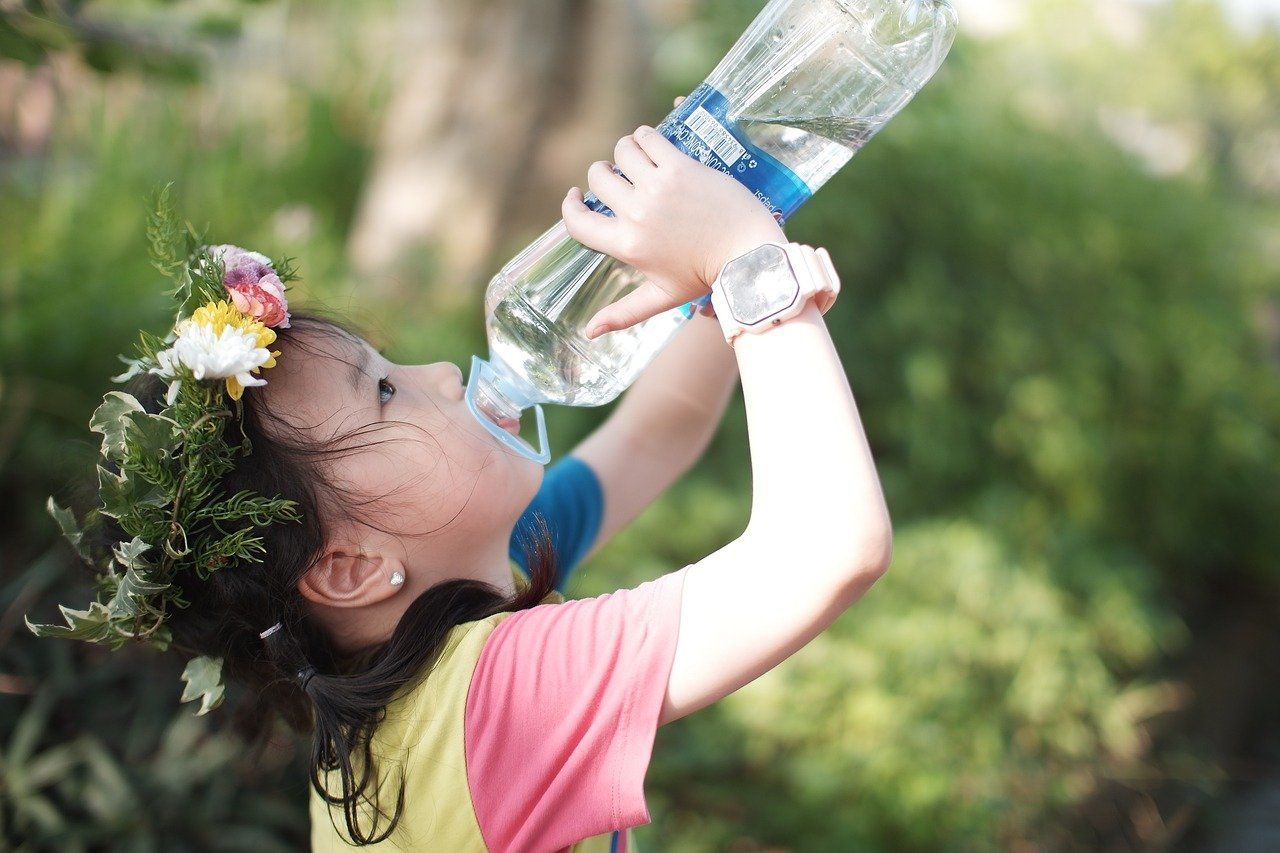



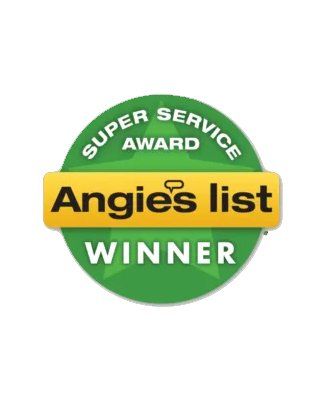
















Share On: